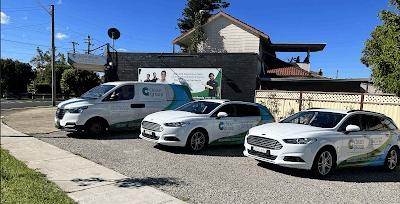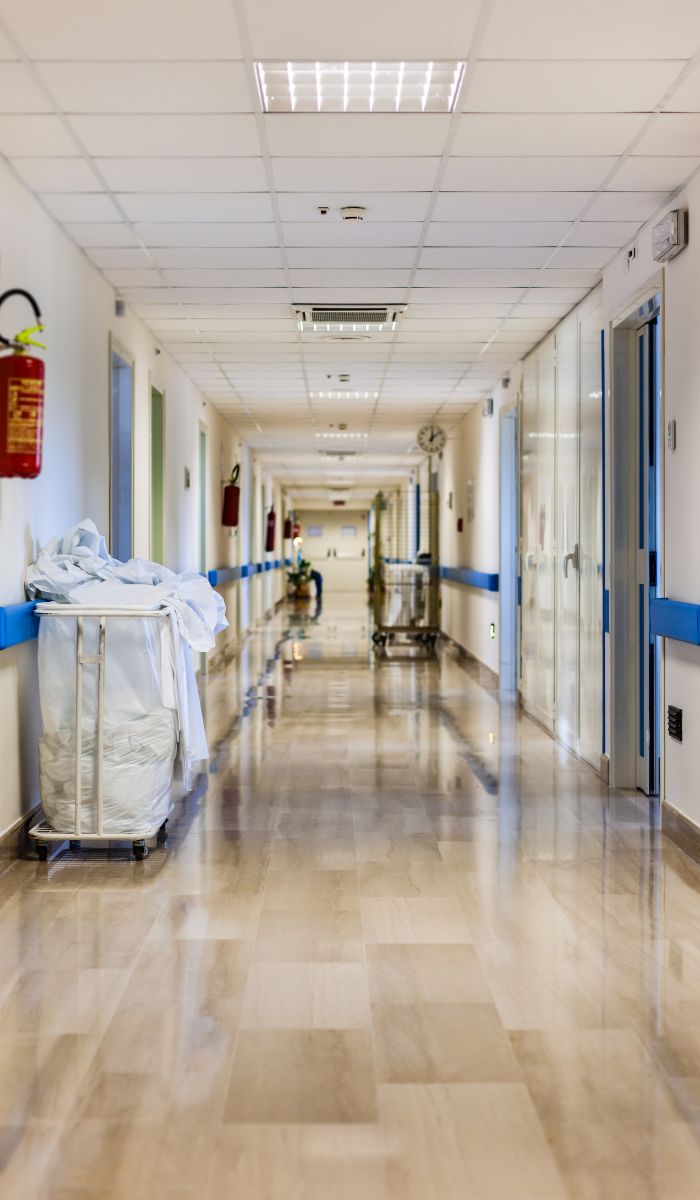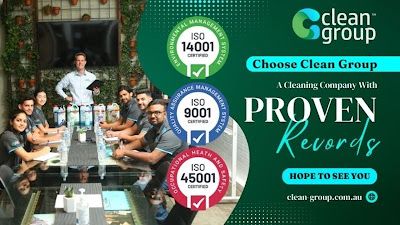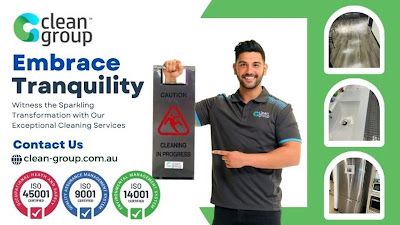
How Commercial Cleaners Safeguard Confidential Office Documents
Common Office Cleaning Myths Debunked
Moreover, commercial cleaning has become a pathway for entrepreneurship and small business development. Many companies start as small, family-run operations and grow into large enterprises by building strong client relationships and delivering dependable results. Franchising is a common model in the industry, allowing new entrepreneurs to enter the market with brand recognition, training, and operational support. Clean Group provides comprehensive and professional Clean Group A Trusted ISO Certified Company across Sydney, NSW. Our fully insured, trained, and security-verified cleaners ensure your workplace stays spotless and hygienic. Schedule a free onsite quote today—book online or call us at 02 9160 7469. Get your obligation-free commercial cleaning estimate for offices, buildings, and other business spaces in Sydney.. This structure creates opportunities for job creation, community involvement, and economic development, particularly in underserved areas.
Another growing trend in the commercial cleaning sector is the rise of contract cleaning services, where businesses sign long-term agreements with cleaning providers. These contracts offer consistency and ensure that businesses have access to regular cleaning services without having to constantly re-negotiate terms or find new providers. Contract cleaning offers several benefits, including predictable pricing, reliable service, and flexibility in adapting the scope of cleaning tasks to meet changing needs. For cleaning companies, long-term contracts provide a steady stream of revenue and the opportunity to build lasting relationships with clients. The ability to customize contracts based on specific business needs-such as frequency of cleaning, areas of focus, or types of services provided-also allows cleaning companies to deliver a more personalized service.


